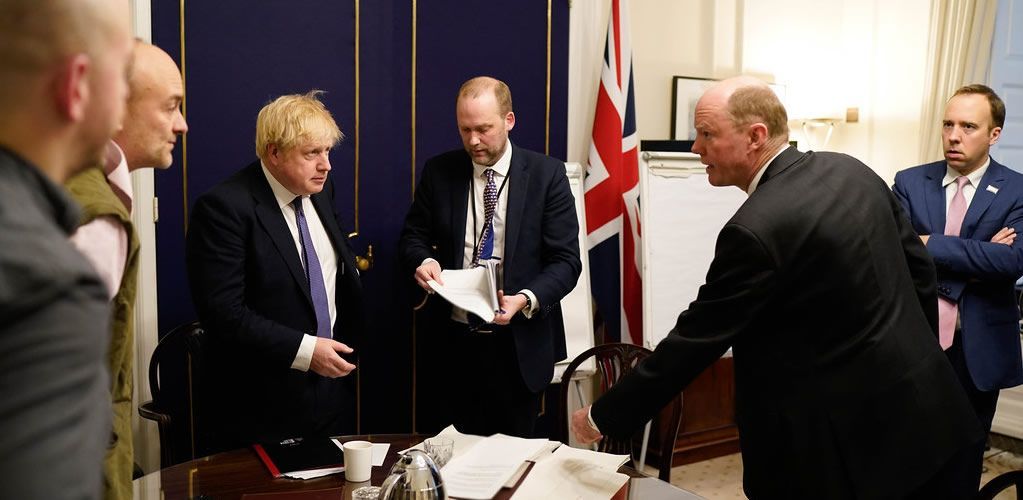Government deployed callous strategy of instilling shame and stigma to distract from own errors
During the pandemic, the government has employed a cynical tactic to steer attention away from its own errors: creating conditions in which people would suffer shame and stigma.

During the pandemic, the government has employed a cynical tactic to steer attention away from its own errors: creating conditions in which people would suffer shame and stigma.
According to a study by medical humanities scholars at the University of Exeter, Professor Luna Dolezal, Dr Fred Cooper and Dr Arthur Rose, the UK government’s use of shame during the COVID pandemic has been labelled “cynical” and a blatant attempt to distract from its own mistakes.
People from ethnic minority groups, people with medical conditions, and health professionals all suffered severe shaming and stigma due to the government’s approach. By putting the onus on citizens to solve their own problems rather than creating cohesive public health policies, they created an environment where these marginalised groups were singled out for blame.
CONTINUE READING...
Enjoy unlimited access now.
To get full access to this article,
simply become a member of PUBLIC SQUARE now.
By doing so, you will be supporting
our independent journalism.
MEMBERSHIP OPTIONS:
£3/month ∙ £5/month ∙ £7/month
You can cancel anytime.
BECOME A MEMBER
Already a member? Sign in here!
BENEFITS OF MEMBERSHIP:
✅ Read exclusive member-only articles
✅ Read our daily review of the UK front pages
✅ Receive every new article by email
✅ Access all our articles
✅ Get Special Discounts with our partners
✅ Join the conversation: Comment our articles
✅ Access our archives
✅ More importantly: Support independent journalism and keep the magazine going
Read more

— A global report reveals rising repression and criminalisation of climate and environmental protests, with state and corporate actors employing anti-protest laws, harsher policing, and violence to stifle activism worldwide.

— Polling accuracy in the U.S. presidential election faced criticism, despite improved performance over 2020. Small errors in a tight race amplified perceived inaccuracies, but swing state polls generally proved reliable, reflecting a close contest, Professor John Curtice explains.

— National populism, fuelled by media-backed disinformation, anti-immigrant rhetoric, and libertarian ideologies, threatens democracies globally by eroding institutions, fostering fear, and exploiting divisions.

— A UK tribunal upheld the ban on a Chinese businessman, citing national security risks. His links to Prince Andrew underscore concerns about foreign influence and lapses in public scrutiny.
|
|

